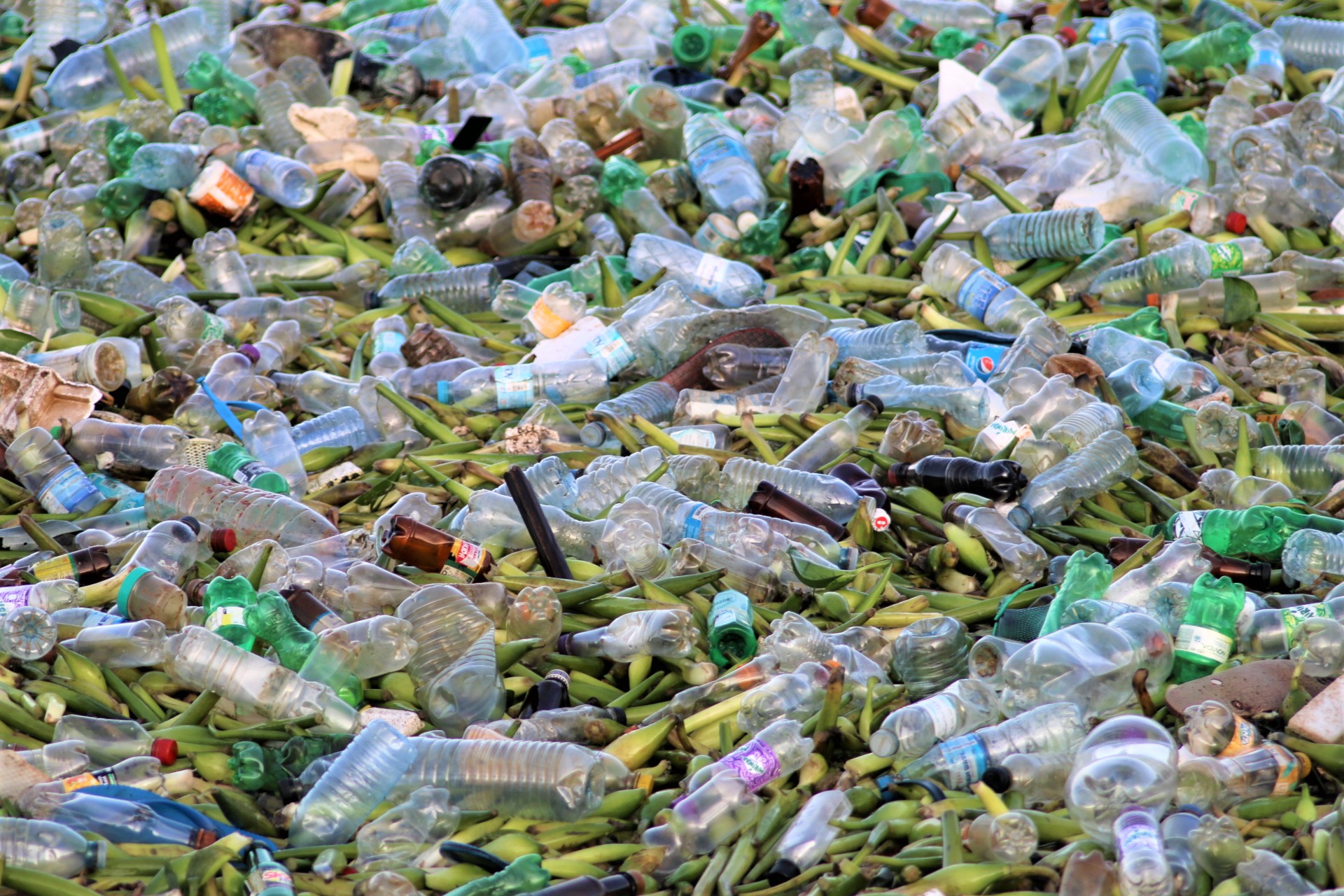GULU– In response to the ever-increasing prices of building materials like cement in Uganda, Green Home Transformations, a social enterprise is making eco-interlocking bricks from recycled plastics and sand.
The innovation which also helps in addressing plastics pollution, started two years ago, spearheaded by Bosco Endriko, the founder of Green Home Transformations located in Opwoyomal cell in Laroo-Pece division, Gulu city.
“The idea of interlocking bricks is that we want to make housing affordable in the sense that we don’t use cement,” Endriko said adding that they want to eliminate the carbon footprint of cement from the construction process.
A 50 kilogramme bag of cement increased to Shs 40,000 in May down from Shs 28,000 it was costing in January 2022.
Meanwhile, Green Home Transformations plans with the help of GIZ, a German Development Agency to construct an eco-VIP latrine at Pageya primary School in Gulu city which will act as their proof of work to people interested in using recycled plastic bricks.
“We will use it as a showcase for people to see that out of plastic, we can come out with bricks to construct an affordable house. We reduce the cost of construction by 10 percent,” Endriko said.
Endriko explains that they also produce eco pavers and pillars from recycled plastic and sand.
Endriko’s inspiration to recycle plastic into bricks came from the fact that there is a housing deficit in the country and a waste pollution problem.
“I thought about the plastic pollution and housing deficit in Uganda and thought about creating alternatives that people can use,” he said.
600 tonnes of plastics are generated daily in Uganda, according to recent statistics from National Environment Management Authority [NEMA].
The eco interlocking brick is quite big and heavy measuring about kilogrammes and does not break easily during transportation, according to Endriko who works with bio-system engineering students of Gulu University.
Green Home Transformations is partnering with Easy Housing, an organisation based in the Netherlands that sustainably uses timber to construct affordable houses.
Easy Housing says it’s using pillars made by Green Homes Foundation pillars to showcase a plastic foundation, which can be an alternative to the foundation raised using concrete.
A sample of this house has been built in Rhino Camp, Arua district.
Meanwhile, Green Home hopes local governments in Acholi Sub-region will award him contracts to build classrooms and latrines once it moves away from manual production of the interlocking bricks.
‘Our current machine which is manual can produce only six bricks per day. We are looking for money to purchase a better machine at US$ 80,000 to help us scale up our production and quality,” Endriko said.
Buy your copy of thecooperator magazine from one of our countrywide vending points or an e-copy on emag.thecooperator.news
